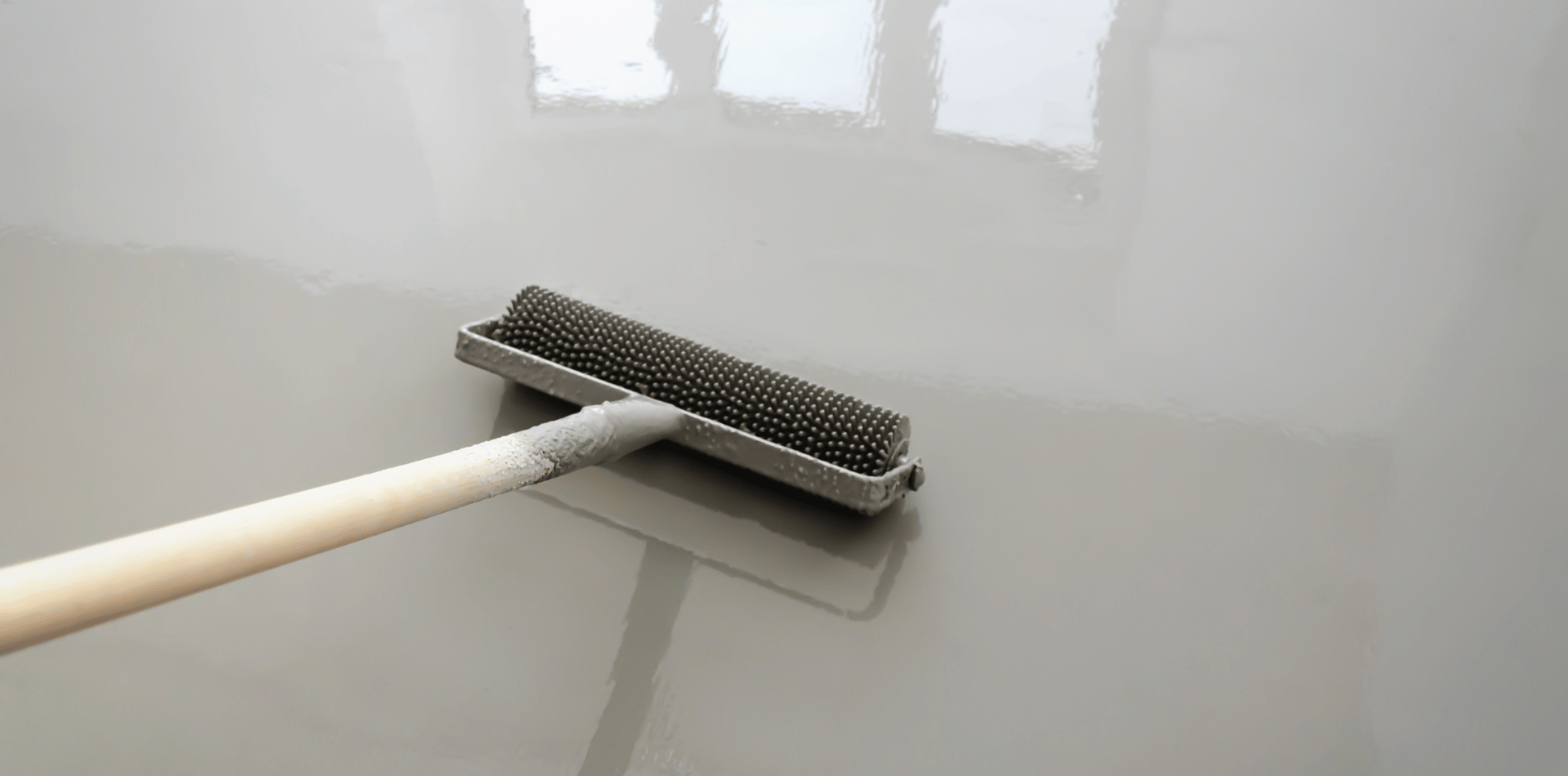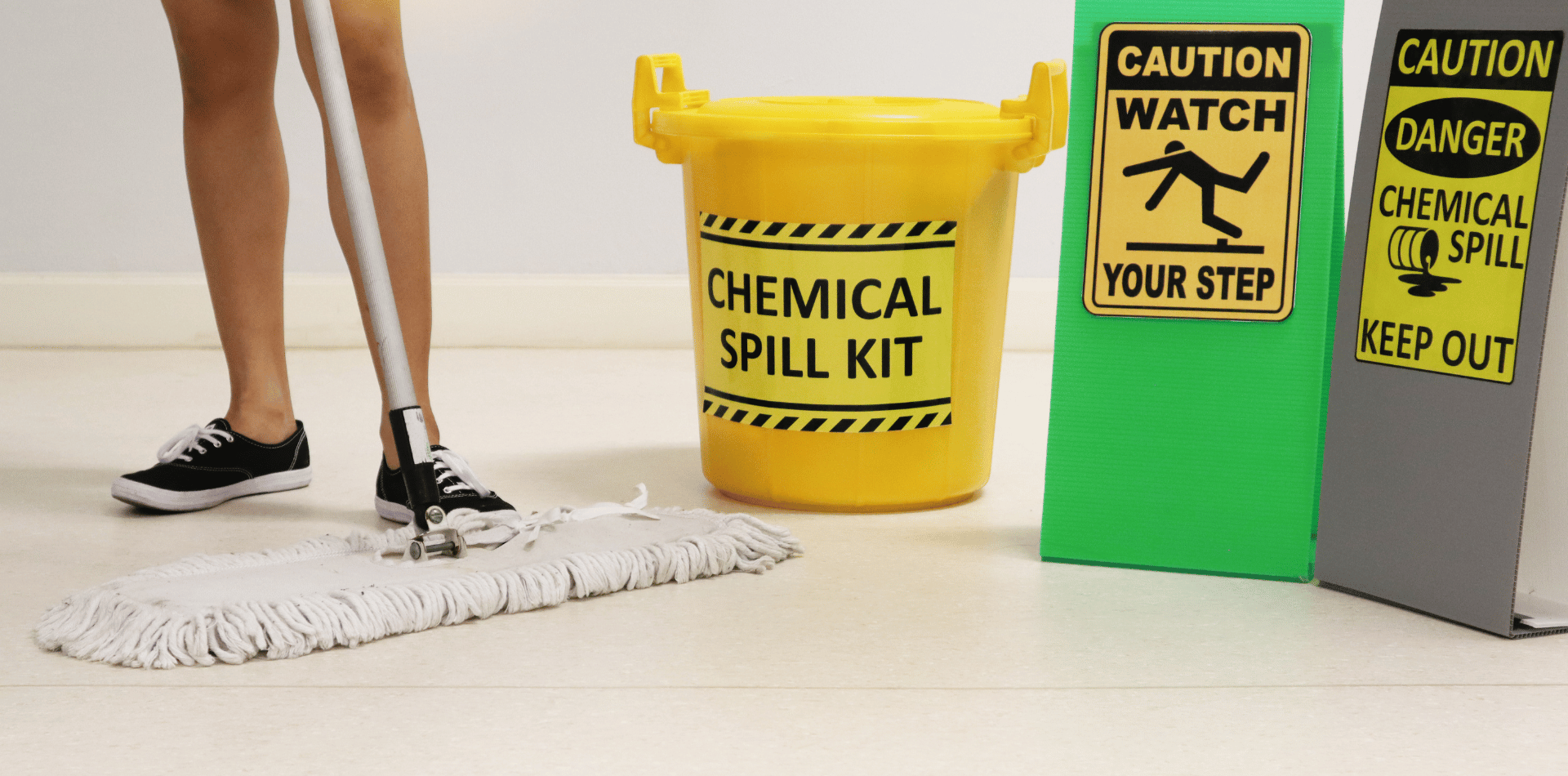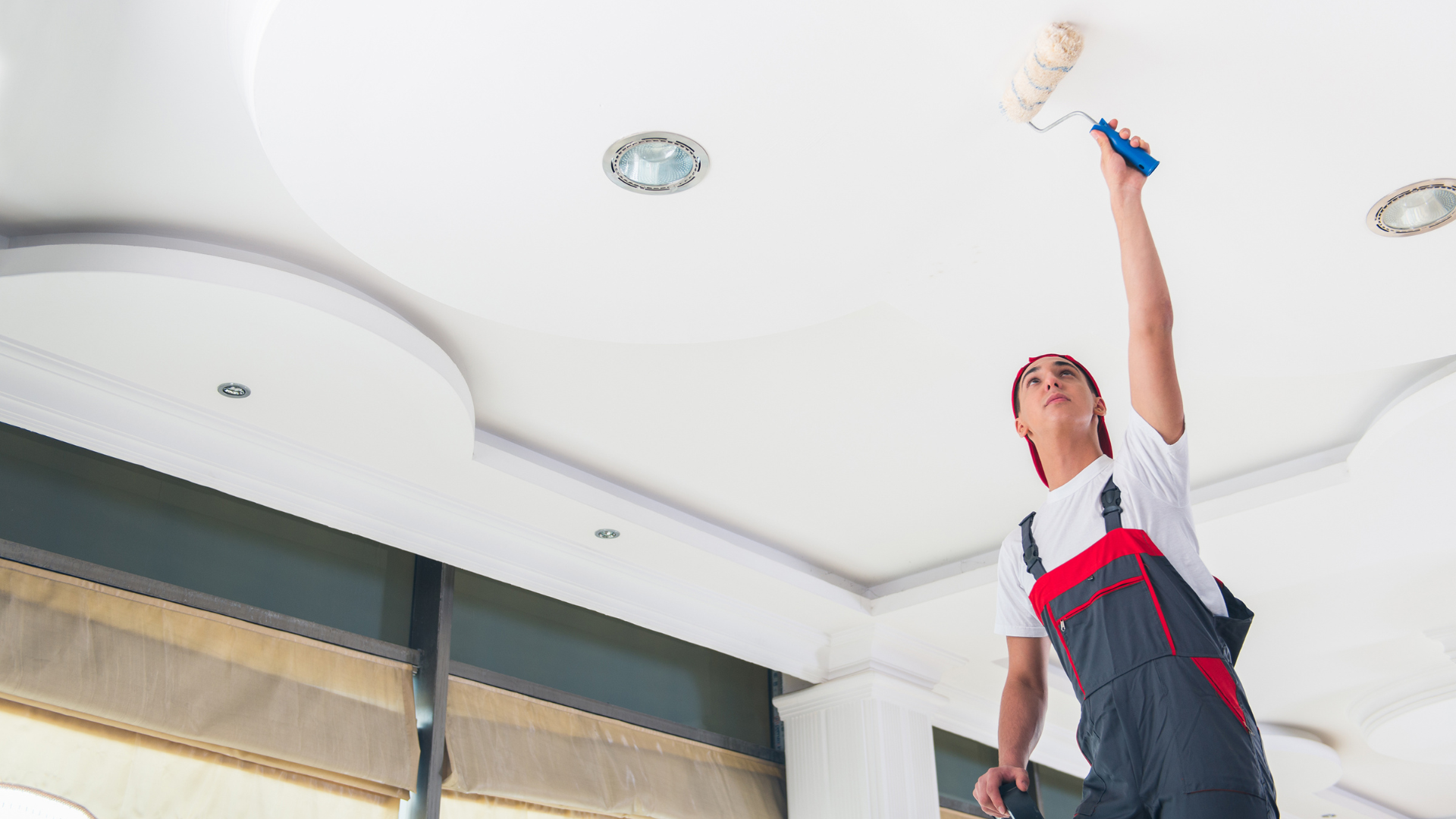How to Properly Maintain Your Epoxy Floors for Longevity

If you've invested in epoxy flooring, you already know its benefits:
- durability
- ease of cleaning
- aesthetic appeal that can uplift any space.
But how do you ensure your floor stays in top condition for years to come?
Read on to find the best practices, tips, and techniques to properly maintain your epoxy floors and extend their lifespan.
The Importance of Proper Maintenance
While epoxy floors are renowned for their resilience, like any other asset in your home or business, they require consistent and proper maintenance.
Let's explore why this upkeep is so crucial.
Longevity and Performance
Neglecting the upkeep of your epoxy floors can not only dull its shine but also decrease its lifespan.
In addition, lack of proper maintenance can lead to minor issues that, if not addressed promptly, can exacerbate into more significant problems.
Financial Benefits
Regular maintenance is not just about aesthetics; it's an investment that can save you money in the long run.
The cost of fixing a severely damaged epoxy floor often far exceeds what you would spend on regular upkeep.
So, think of every cleaning session as a small deposit into your floor's future.
The Do's and Don'ts: An Overview
Before we dive deep into the cleaning and maintenance techniques, it's crucial to understand some basic do's and don'ts for epoxy floor care.
The Do's
These are the actions that can contribute to a well-maintained epoxy floor.
Always use a soft-bristle broom for dry cleaning, use mild detergents for wet cleaning, and treat stains and spills promptly.
The Don'ts
Knowing what to avoid is just as important as knowing what to do.
Don't use abrasive cleaning tools like steel wool or harsh chemical cleaners, as these can damage the epoxy coating.

Routine Cleaning
The first step in maintaining the quality of your epoxy floors is regular cleaning.
But what does that entail?
Dry Cleaning
Use a dust mop or a soft-bristled broom to keep your floor free from dust and debris.
Aim to sweep the floor at least once a week, or more frequently depending on foot traffic and the type of activities taking place in the space.
Wet Cleaning
For more thorough cleaning, a mop dampened with a mild detergent solution can work wonders.
However, avoid using excessive water, as this can seep into seams and potentially weaken the adhesive bonds.
Specialty Products for Epoxy Floors
Not all cleaning products are suitable for epoxy floors—here’s what to look for when choosing cleaning agents.
Always opt for pH-neutral cleaners specifically formulated for epoxy flooring.
Avoid acidic or alkaline cleaners as they can break down the epoxy resin over time.
Dealing with Stains and Spills
Accidents happen, but quick action can make all the difference when dealing with stains and spills on an epoxy floor.
Oil and Grease
Oil and grease stains can be particularly challenging, but not impossible to remove. Treat the stain with a paper towel before applying a pH-neutral cleaning agent.
Let it sit for a few minutes before scrubbing it away gently.

Chemical Spills
If you encounter chemical spills, especially in an industrial setting, swift action is necessary.
Neutralise the chemical by covering it with an absorbent material, and then clean it up following safety protocols.
Other Common Stains
Food spills, paint, and ink can also present cleaning challenges; here’s how to tackle them.
For food stains, a mild detergent is often sufficient
Paint and ink may require specialised cleaning agents.
Periodic Maintenance
Beyond routine cleaning, your epoxy floors will benefit from periodic deeper treatments.
Sealing and Recoating
Over time, even epoxy floors can start to show wear and tear, and resealing or recoating can restore their luster.
Make sure to consult a professional to determine if your floor needs to be resealed or recoated.
Professional Maintenance
Sometimes, it’s wise to call in the professionals for a comprehensive maintenance service.
Professional services can include deep cleaning, sealing, and even minor repairs that can extend the life of your epoxy flooring.
Best Practices for Industrial Epoxy Floors
Industrial settings require specific maintenance protocols to ensure safety and durability.
Heavy Machinery and Traffic
Managing wear and tear due to heavy machinery can prolong your epoxy floor's life.
Placing rubber mats in areas with heavy machinery or traffic can absorb shock and reduce wear.
Safety Precautions
Ensuring your floor is not just clean but also safe is vital in an industrial environment.
Always maintain a clean, dry surface to prevent slips and falls, and mark hazardous areas clearly.
Your Roadmap to Long-lasting Epoxy Floors
Properly maintaining your epoxy floors can seem like a daunting task, but armed with the right knowledge and tools, you can easily extend the life and beauty of your investment. Remember, prevention is better than cure, so make regular maintenance a habit rather than a chore.
Frequently Asked Questions

How often should I clean my epoxy floors?
- You should aim to sweep your epoxy floors at least once a week. Wet mopping should be done fortnightly or monthly depending on the type of usage the floor experiences.
Can I use bleach on epoxy floors?
- Using bleach is generally not recommended as it can harm the epoxy resin. Stick to pH-neutral cleaners specifically designed for epoxy floors.
Is it safe to use a vacuum cleaner on epoxy floors?
- Yes, but make sure to use a soft brush attachment to avoid scratching the surface.
How often should I reseal my epoxy floors?
- The frequency for resealing can vary depending on usage, but generally, epoxy floors should be resealed every 2 to 5 years.
Can epoxy floors be repaired?
- Yes, minor cracks and chips can be repaired. However, significant damage may require a complete recoating.





